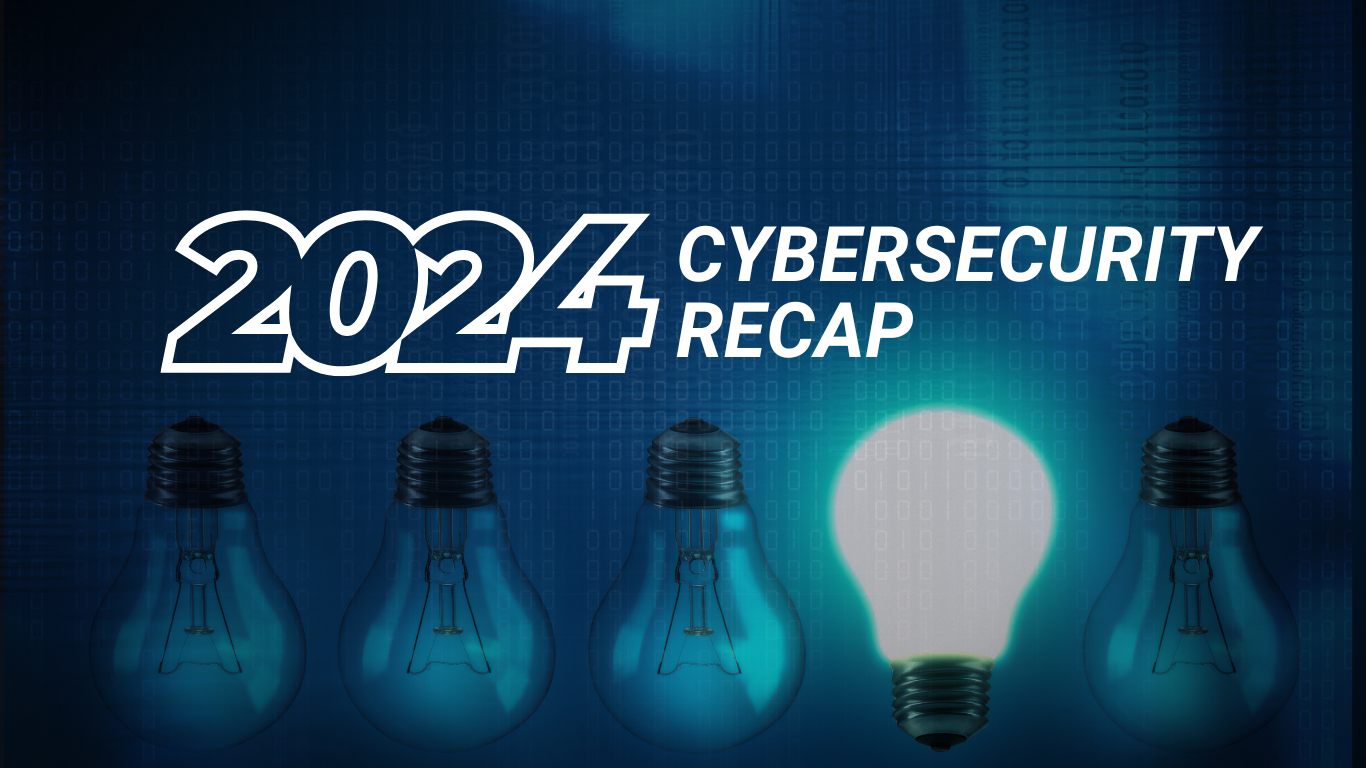The Top Industries That Will Benefit from MDR

Today, because of the constant change in the global threat landscape, MDR services extended well beyond traditional security tool offerings. Providers like ForeNova continue to embed additional services into their MDR, including hosted SIEM, threat intelligence, and enabling extended detection and response (XDR). This advanced functionality helps increase incident response effectiveness, stop the spread of malicious activities, and help automate the investigation process.
Several industries consider MDR from ForeNova critical to their SecOps functions. ForeNova offerings assist clients in improving their overall security posture, help them meet compliance mandates, and lower their operations costs.
Are you considering MDR to augment your current SecOps or complete outsourcing?
Click here to schedule an initial consultation and show ForeNova’s MDR capabilities.
Overview of Managed Detection and Response (MDR)
MDR services began as an outsourced monitoring and response service. Organizations would engage an MDR provider to assist with monitoring a portion of their enterprise footprint or the entire environment. As cybersecurity threats grew, including the proliferation of malware attacks, ransomware, identity threats, and denial-of-service (DoS) attacks, MDR providers adjusted their offerings by becoming experts in endpoint detection, next-generation firewall management, host-based intrusion detection, email security, and zero-trust. Many MDR providers also gained expertise in actively searching for threats, designing solutions, and automating security processes.
These investments in additional security adaptive controls helped MDR providers also increase their ability to identify possible indicators of compromise (IoC). This functionality alone became an excellent value for organizations wanting to transition from a reaction to a more proactive cybersecurity strategy.
How does MDR differ from Traditional Security Solutions?

Most organizations, whether in the regulated or unregulated sectors, require 24/7 monitoring of their digital environment. Some will attempt to hire and keep cybersecurity engineering talent to provide these services internally. Others will lean towards an MDR relationship with providers like ForeNova.
MDR providers began offering consulting services, architecture design expertise, and security assessment engagements years ago. Organizations struggling financially to staff their SecOps team, compliance mandates, and cyber insurance requirements benefit from these additional services from MDR providers.
Industry-Specific Cyber Risks in the EU for 2024
The rise in nation-state cyber activities and attacks poses a serious threat to cybersecurity for the EU members.
“There is a genuine danger that nation-states will also exploit the opportunities offered by GenAI and LLMs, particularly in disinformation and information warfare, to undermine democracy. The potential social, economic, and geopolitical impact could be enormous as the lines between the physical and virtual worlds and between truth and fakery become even more blurred.”
Cybersecurity Healthcare in the EU

The lack of talent, the need to expedite the enablement of advanced cybersecurity protection capabilities, and the need to meet complex compliance mandates compel German and EU members to invest in an MDR service to help address these financial, technical, and operational shortcomings.
Cybersecurity for the Manufacturing Sector in the EU

“The evolution of Industry 4.0, driven by Germany, has been ongoing for nearly a decade. Similar concepts are evident in Japan’s Society 5.0 and China’s Made in China 2025.”
Integrating various technologies into manufacturing, supply chains, and connected objects is remarkable. This global revolution affects the automotive, mechanical engineering, electronics, and high-tech industries.
New technology is driving changes in manufacturing approaches to cybersecurity, with Industry 4.0 demanding closer integration of IT and OT systems. Enabling OT and IoT devices means more data, connections, and storage in various locations.
CISOs wanting to secure OT, ICS, 3-D printing, wearable technology, virtual reality headsets, and IoT devices require a different cybersecurity framework. Most organizations commit their internal resources to handle the traditional enterprise security operations functions.
MDR plays a critical role in securing and monitoring industrial 4.0 environments. CISOs struggling with retaining talent can leverage a tactical MDR environment to augment their current SecOps resources or outsource large portions of the manufacturing infrastructure to an MDR provider. The internal teams focus on traditional IT protection.
Cybersecurity For the Energy Sector in the EU

Specific energy systems have real-time requirements that are so stringent that they cannot implement standard security measures, such as command authentication or digital signature verification because these measures cause delays.
Embedded within the new Europe Network Code for Cybersecurity, the publication stressed the importance of cybersecurity risk assessments, reporting of cross-border cyberattacks, and establishing standard risk management among energy providers.
CISOs focused on meeting the Network Code mandates will need to decide whether to hire more SecOps engineers to handle real-time monitoring, reporting, remediation, and communications with other energy providers throughout the EU or leverage an MDR.
MDR providers with experience in the energy sector provide complete turnkey monitoring, incident response, and reporting, offering to help with Network Code management or other areas with the cyber energy protection strategy.
Cybersecurity Protection for Digital Providers in the EU

Platform providers, including Orange, Servinga Cloud (Germany), and ITENOS, offer several options for their clients to host their applications within their cloud-based infrastructure. These providers implement various cybersecurity protection strategies for the different digital offerings to comply with the EUDSM.
These digital offerings include SaaS-based applications, cloud storage, and financial systems. These digital providers staff their SecOps centers with in-house engineering talent, and sometimes, they will leverage an MDR offering to help with incident response, threat analysis, or even handling a specific platform requiring real-time monitoring, compliance reporting, and automated remediation.
Conclusion
Any industry or business sector operating within the EU or outside benefits from an MDR relationship. Cybersecurity protection has become complex and often needs more operations resources to sustain its posture or apply urgent remediation patches to stop a zero-day attack. Industries like healthcare have several privacy mandates to align to, and manufacturing sectors continue to scale up with robotics and other Industrial 4.0 devices, creating a much larger attack surface. Digital providers and the energy sector also need help with compliance mandates with limited access to an experienced talent pool.
MDR’s flexible offerings help these critical sectors access global talent-proven SecOps capabilities, including incident response and automated remediation. MDRs also help organizations lower the cost of SecOps and IT operations.
ForeNova Customer Testimonials
Manufacturing
“Before we started working with ForeNova, the number of threats constantly overwhelmed our security team and incidents they had to deal with. The NovaMDR solution has truly been a fundamental change for our organization.”
CTO of the automotive supplier
Healthcare
“We had to evolve our IT security infrastructure to comply with the new security regulations. With the excellent and flexible support of ForeNova and the quick onboarding, we could handle the transformation without creating our technology platform or the complex processes of an internal Security Operation Center. November gives us peace of mind and a future-proof solution against the ever-evolving cyberattacks on our hospital.”
Head of IT Security of the hospital
Augmenting Internal Resources
We don’t have the resources to close all emerging vulnerabilities promptly in the network.
We no longer have to constantly worry about our security or hire someone extra to monitor the network. We can rely on NovaMDR and thus concentrate on our business.”
Jörg Mattern, Managing Director CPS GmbH
Why ForeNova?
ForeNova’s expertise in healthcare, energy, manufacturing, and digital infrastructures continues to scale up with new advanced offerings, including XDR with AI and ML, hosted SIEM, and processes to help clients meet their compliance needs.
MDR services on your radar for 2024 and 2025? Contact the team at ForeNova today to discuss your requirements!






